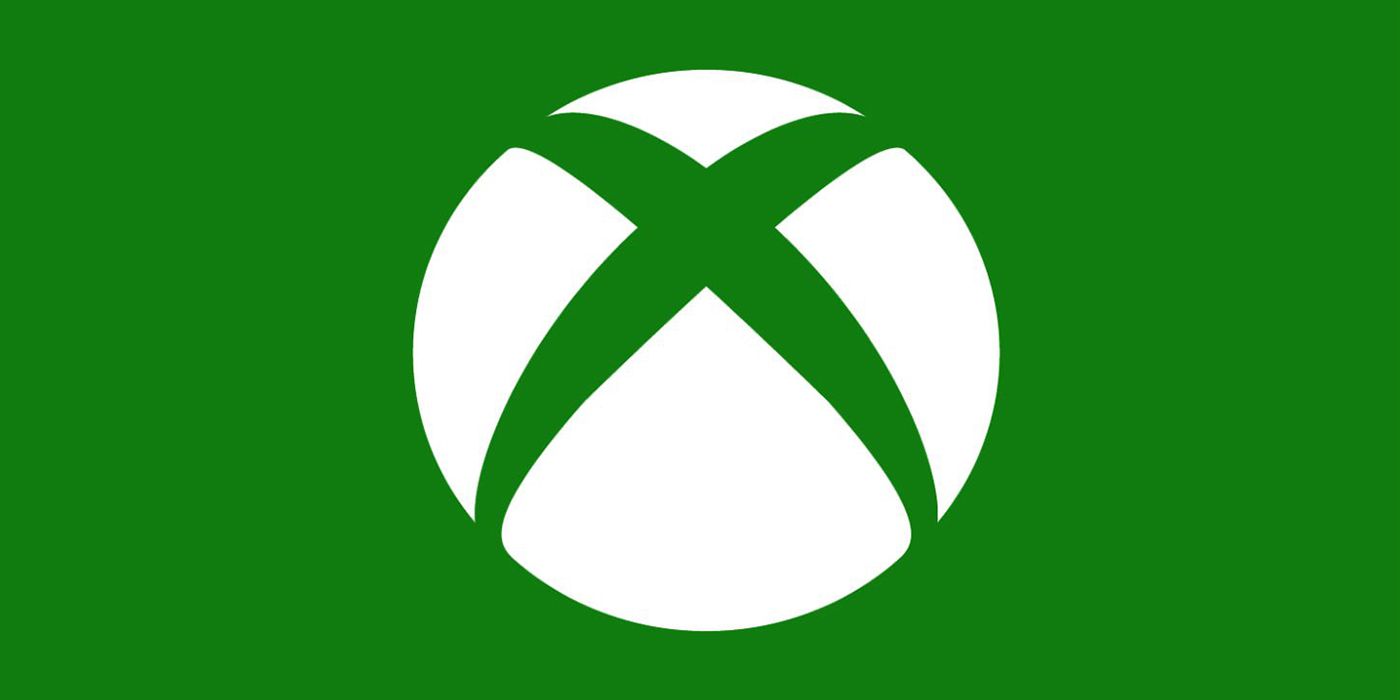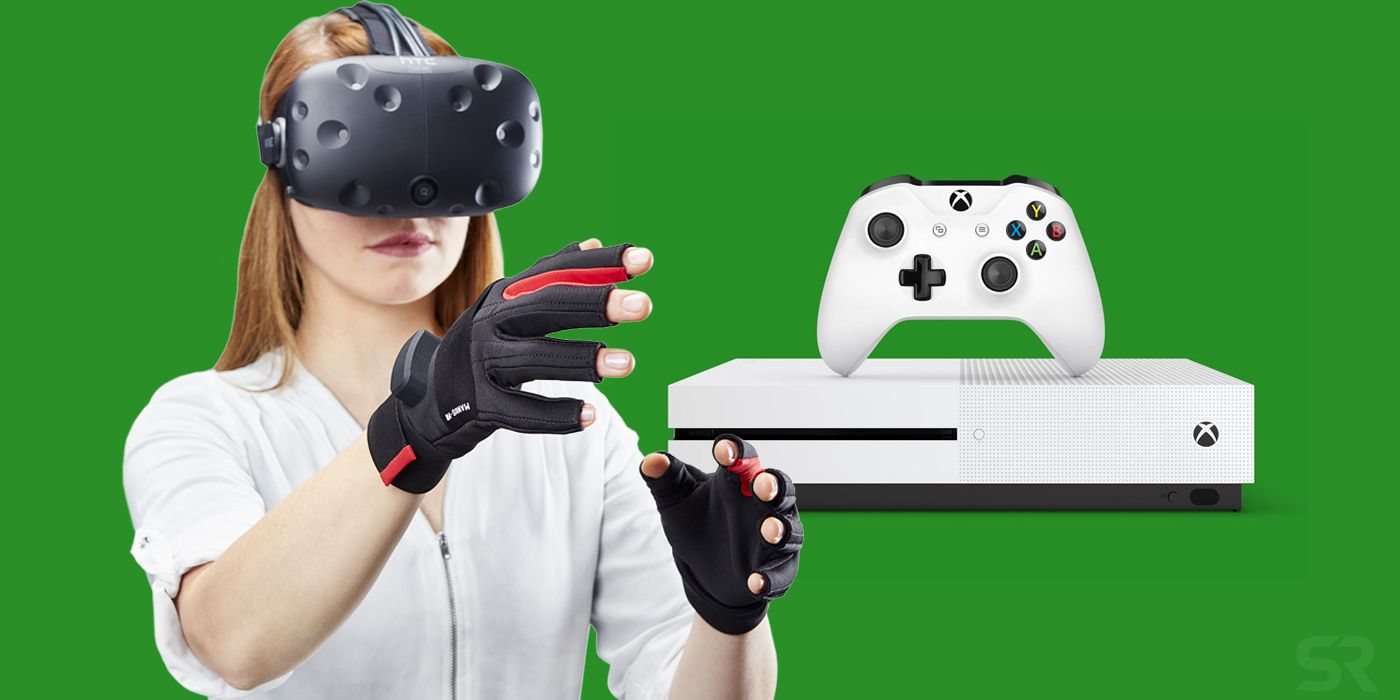After executing a number of high-profile acquisitions to bolster the Xbox's future first-party lineup, Microsoft Studios isn't quite finished with adding more game studios to its repertoire claims one analyst. Though 2018 was an incredibly productive year for the gaming arm of Microsoft, having acquired a whopping six development studios and founding a seventh, an International Data Corporation (IDC) analyst remains confident that the software giant hasn't fully satisfied its first-party goals for Microsoft Studios.
Since its lackluster announcement in 2013, the Xbox One has suffered from one crucial problem: its painfully prominent lack of first-party titles. While PS4 players have enjoyed hit first-party exclusives like The Last of Us, Bloodborne, and God of War over the Sony console's lifetime, Xbox players have had much less to keep their attention on the console exclusive front over the past five years. However, Microsoft began taking significant measures to turn this around in 2018, announcing at E3 2018 Microsoft Studios' acquisition of Ninja Theory (Hellblade: Senua's Sacrifice), Playground Games (Forza Horizon series), Undead Labs (State of Decay series), and Compulsion Games (We Happy Few), as well as Obsidian Entertainment (Fallout 1, 2, and New Vegas) and InXile Entertainment (Wasteland 2 and 3) in November 2018.
Related: PlayStation 5 and Xbox Two MUST Be Backward Compatible
In an interview with GamingBolt, IDC analyst Lewis Ward contends that Microsoft Studios will be looking to further pad out its rapidly growing first-party development body into 2019, noting that it "doesn’t still have as large a game developer base as either Sony or Nintendo even after these [past] acquisitions." Lewis safely surmises that Microsoft's expansion of its gaming arm in 2018 is an indication of the company's likely desire to "bolster their first party lineup by plugging 'holes' in genres and subgenres they think will grow relatively quickly over time."
In a more daring estimate, Lewis projects that the next console generation will see the first implementation of VR on Xbox, musing:
"Microsoft wants to be more of enabler [sic] for other Win10-based hardware and software providers. There’s no reason Xbox One X can’t play Windows Mixed Reality games right now. I’m not sure why Microsoft hasn’t pulled that trigger on that, but they’ll very likely be in this space with their next-gen console."
The road ahead is wide open for Xbox in 2019 and beyond, with a slew of long-overdue exclusives incoming and as many as four Xbox consoles waiting to join the Xbox family on the horizon. Regardless of what directions Microsoft heads next in the gaming world (which - if Lewis's predictions prove reliable - may even include Xbox VR), the company's gaming division has more than sufficiently proven its capability to make a massive pivot on the first-party front under the leadership of Phil Spencer. Xbox's future may contain many unexpected twists, but players can almost assuredly count on having access to a solid first-party lineup along the way.
More: Here's The First Official Wireless Keyboard & Mouse For Xbox One
Source: GamingBolt


